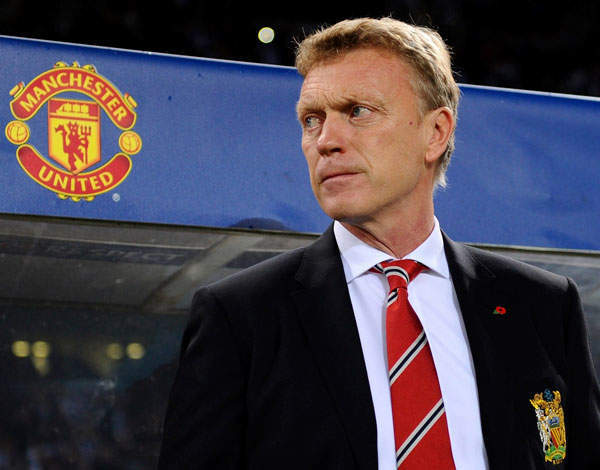

Before my kids started school, I received some excellent advice from a friend. You will go through a love-hate relationship with the school, but don’t do anything rash, she cautioned. Just ride it out.
In this case, it was very decent advice. And this is the sort of question I imagine some Co-op Bank customers will be weighing in their minds. Should I stay or should I go? The Co-op has for decades traded on its position in the market as a bank committed to social good, attracting customers who believed that they’d found a brand with values aligned to their own. Sir Christopher Kelly’s recent report will now have dented their confidence in this reputation.
From schools to banks to the apparently more ephemeral parts of our culture, I wonder how Manchester United fans are feeling? Was it rash for the club to sack David Moyes, or for them to stick with him as long as they did? Moyes joins a long list. Nearly half the clubs in the Premier League have this season ditched the managers in whom so much was once invested.
Performance is pretty easy to define if you are a football manager, but it is a much more nuanced concept in the philanthropy world. Even if we could decide what it means, it wouldn’t necessarily help answer the question of how long an organisation or individual should be given to deliver.
At NPC we see first-hand the challenges charities face when their main supporter moves on. Many philanthropists develop long and deep relationships with their grantees. Like most separations, a split can be painful.
But it is legitimate, of course, for philanthropists to vote with their feet and cease funding.
We have worked with funders who have moved on following a change in their strategy. One funder, for example, decided to give closer to home rather than overseas, and shifted their philanthropic focus accordingly. Another, after patiently sticking by a charity as it struggled with focus and funding, left when the charity decided to pursue a different, more sustainable strategy.
The best exit strategies are planned upfront to avoid unexpected surprises. Early warning and additional support may help a charity adjust to a loss of funding which, without notice, could be catastrophic.
But of course this may not always be possible. Philanthropists may withdraw funding when they lose confidence in a charity, frequently because of poor performance. This is what happens when confidence wanes: it’s little surprise that the Co-op has admitted to losing customers over the past year. We worked with one who funded a charity for over five years but finally gave up following poor performance, something exacerbated by poor communication.
But philanthropy is not the cut and thrust world of football, and philanthropists would be wise to give charities longer than the one year that David Moyes got. It takes time to adjust to large external shocks, and philanthropists can help by supporting investment in processes and people that will help charities in the long run. Patience can be rewarding, especially when you are not concerned with the short-time horizon of the Champions League.
Abigail Rotheroe is a consultant at NPC







